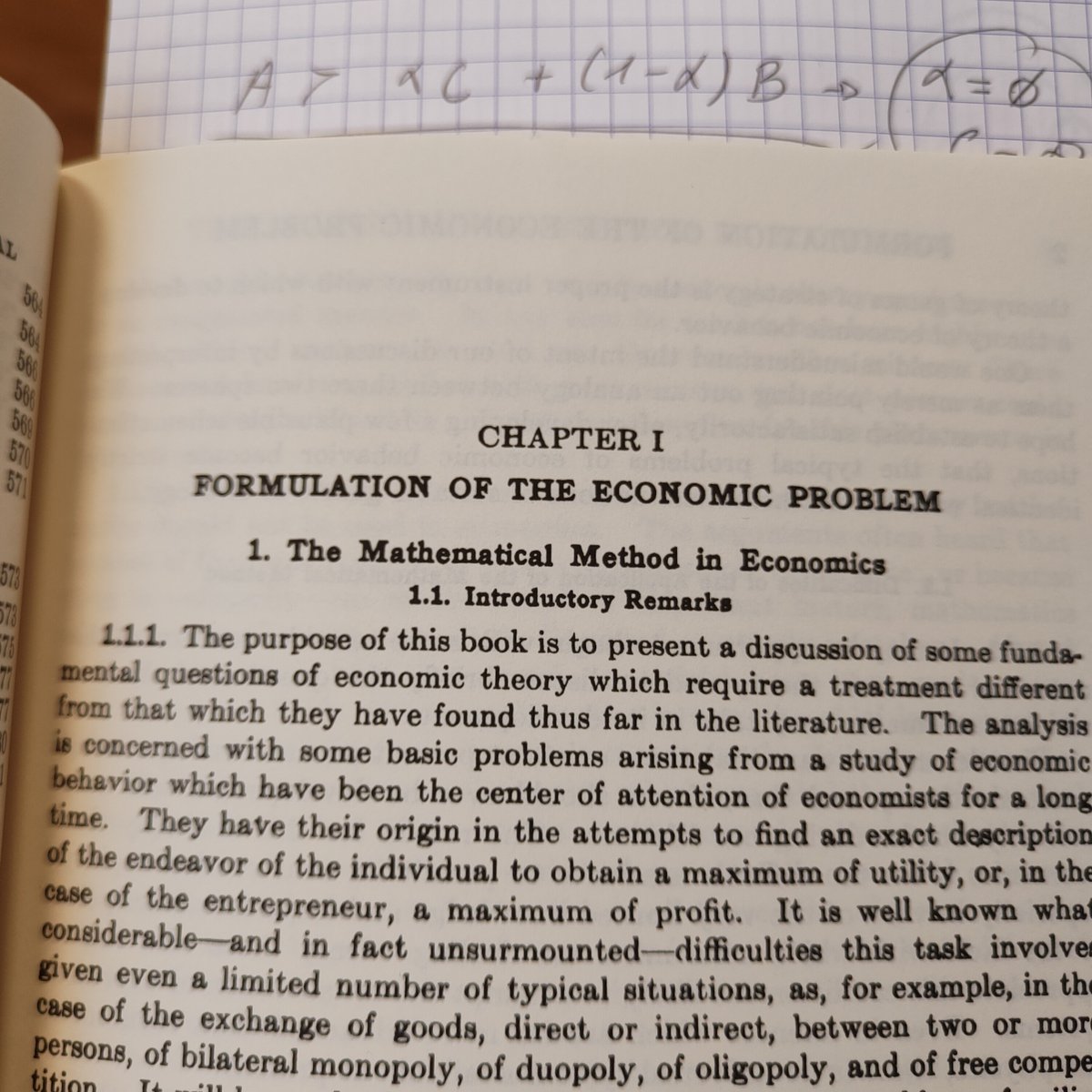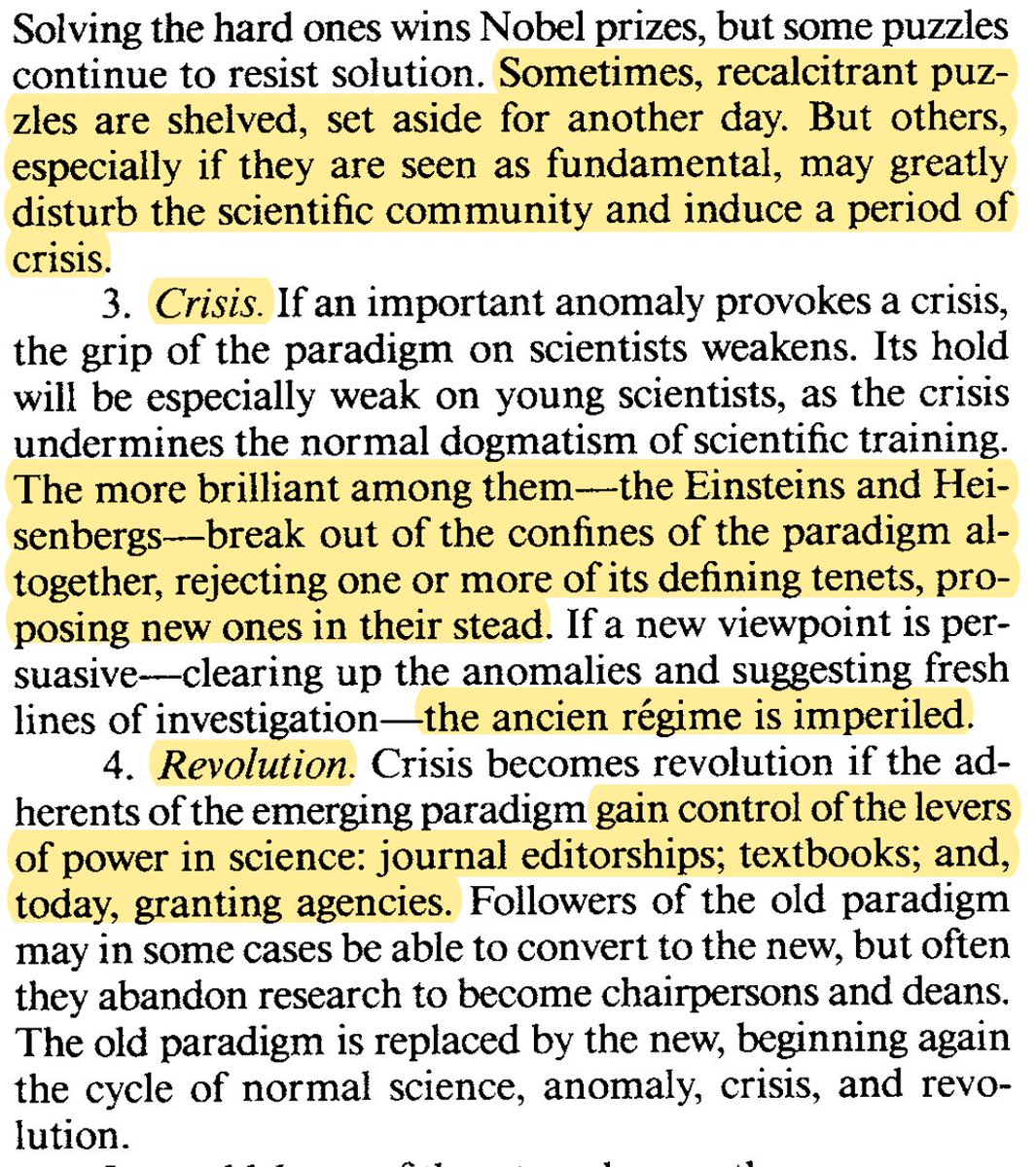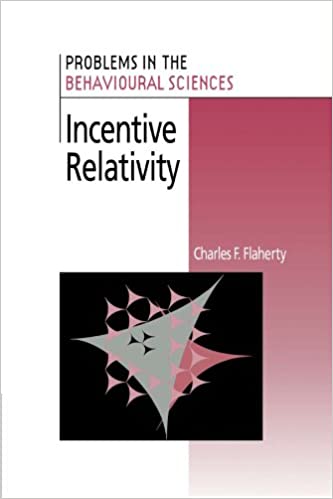
Computational cognitive scientist interested in learning and decision-making.
Moving to https://t.co/rFQLq4ruvy
How to get URL link on X (Twitter) App


 .. however, not all formats are, in my modest and personal opinion, as effective. And by effective here I mean the capacity of delivering all the relevant information (how are you responding to the Reviewer's point) in a clear and efficient manner. I mostly focused on formatting
.. however, not all formats are, in my modest and personal opinion, as effective. And by effective here I mean the capacity of delivering all the relevant information (how are you responding to the Reviewer's point) in a clear and efficient manner. I mostly focused on formatting


 The first chapter presents his epistemological manifesto in favour of a mathematical (logico-deductive) formalization. It reminded me of the preface of “Theory of games" (1944). Back then use of formal approaches to social sciences was presented as a necessary paradigm shift
The first chapter presents his epistemological manifesto in favour of a mathematical (logico-deductive) formalization. It reminded me of the preface of “Theory of games" (1944). Back then use of formal approaches to social sciences was presented as a necessary paradigm shift 


 The point here is that when one tests a theory, they never test the Theory "alone", but also a series of ancillary elements (how does the measurement work?) and assumptions (e.g., the ceteribus paribus clause: which is always false in psychology)...
The point here is that when one tests a theory, they never test the Theory "alone", but also a series of ancillary elements (how does the measurement work?) and assumptions (e.g., the ceteribus paribus clause: which is always false in psychology)...

 In this paper we summarise the evidence allowing answering this fundamental question: do we (reinforcement) learn equally well from positive or negative prediction errors? From outcomes that confirm our current choices?
In this paper we summarise the evidence allowing answering this fundamental question: do we (reinforcement) learn equally well from positive or negative prediction errors? From outcomes that confirm our current choices? 

 The first great thing to mention about the paper is that even one of the "fathers" of cognitive revolution did not believe that a cognitive revolution ever happened 2/n
The first great thing to mention about the paper is that even one of the "fathers" of cognitive revolution did not believe that a cognitive revolution ever happened 2/n 

 The paper starts by (extremely clearly and sharply) reminding the elements of Kuhn’s hypothetical structure of scientific revolutions and illustrate criteria proposed by later scholars to “empirically” (or at least more objectively) assess whether a revolution occurred.
The paper starts by (extremely clearly and sharply) reminding the elements of Kuhn’s hypothetical structure of scientific revolutions and illustrate criteria proposed by later scholars to “empirically” (or at least more objectively) assess whether a revolution occurred. 



 Physical theories allow point estimate predictions (what the exact value of an empirical measure should be), therefore increasing the number of measures will increase the precision and represent a more stringent test for the theory 2/n
Physical theories allow point estimate predictions (what the exact value of an empirical measure should be), therefore increasing the number of measures will increase the precision and represent a more stringent test for the theory 2/n

 The core question of the book is whether (and under which circumstances) a happy life is possible. Happiness is defined following utilitarianism as the summation of pleasure of pain over time. Parducci clearly states this definition is descriptive, rather than normative.
The core question of the book is whether (and under which circumstances) a happy life is possible. Happiness is defined following utilitarianism as the summation of pleasure of pain over time. Parducci clearly states this definition is descriptive, rather than normative.

 As a background on why (and how) I read it, you should be aware I have basically no training in psychology. My masters being in biotechnology and neuroscience, I started my PhD with no idea about what behaviorism was, except a vague idea that it had been somehow “rejected” 2/n
As a background on why (and how) I read it, you should be aware I have basically no training in psychology. My masters being in biotechnology and neuroscience, I started my PhD with no idea about what behaviorism was, except a vague idea that it had been somehow “rejected” 2/n

 For example, in the main paradigm (successive negative contrast) animals are shifted from a big to a small reward. As a result both instrumental and consummatory behaviours are reduced below the level observed in a control group that experienced only the small magnitude reward.
For example, in the main paradigm (successive negative contrast) animals are shifted from a big to a small reward. As a result both instrumental and consummatory behaviours are reduced below the level observed in a control group that experienced only the small magnitude reward. 

 In description paradigms, payoffs and probabilities (i.e. the decision variables) are given explicitly and symbolically. In experience paradigms, decision variables are never stated and information is acquired a via trial-by-trial feedbacks.
In description paradigms, payoffs and probabilities (i.e. the decision variables) are given explicitly and symbolically. In experience paradigms, decision variables are never stated and information is acquired a via trial-by-trial feedbacks. 